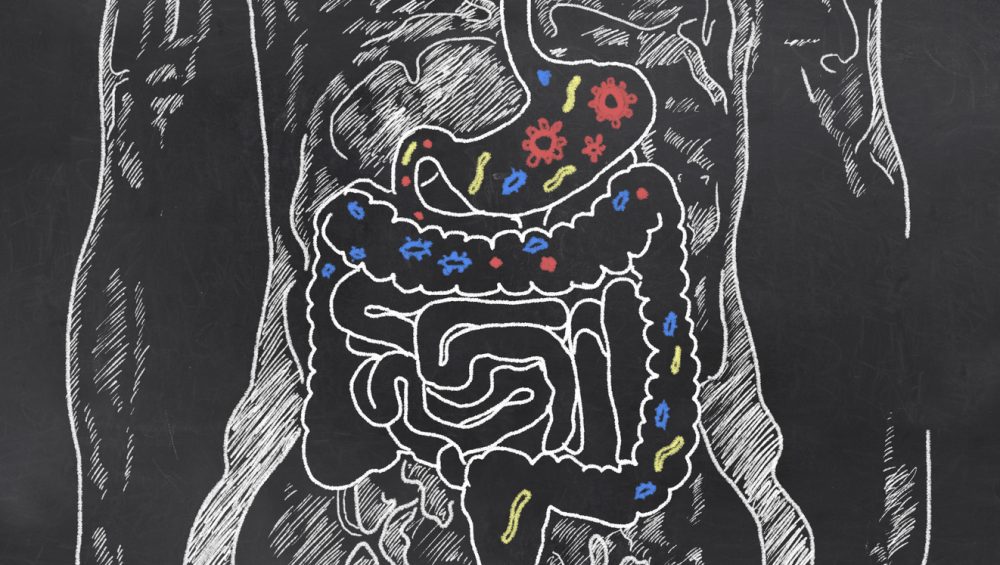Gut microbiome and obesity…
The microbiome is a collection of bacteria that lives in the digestive tract that is critical to health and well-being. A symbiotic relationship exists between gut bacteria and host, where they both benefit from one another.
Recently, there has been great interest in the role that gut bacteria plays in obesity and how we might be able to control our weight by manipulating or changing our gut microbiome through probiotics and prebiotics.
A link between gut microbiome and obesity was first recognized during mice experiments when gut bacteria from genetically engineered obese mice were put into germ free mice. These germ free mice experienced a 60% increase in body fat over a 2 week period, despite eating less food. This bacterium has been identified as firmicutes, which is efficient at extracting energy from the food we eat. From this, and other similar studies, it has been suggested that the composition of gut bacteria in obese individuals may have an increased capacity to harvest energy (calories) from food.
As a consequence, we are now looking at ways to manipulate or ‘improve’ our gut microbiome to assist with weight management. The ingestion of probiotics has been a key focus, however we have only just scraped the surface.
Probiotics are defined as the ‘good’ microorganisms expected to have a beneficial impact on our health and can come in different forms such as capsules (Inner Health Plus) or fermented foods and drinks (Kombucha). To date, there is no recommendations for adequate intake of probiotics.
While it is important to ensure that we have adequate ‘good’ gut bacteria in our digestive tract, it is just as important to make sure that we feed these bacteria adequately. This is done through the consumption of prebiotics, non-digestible carbohydrates that trigger the growth of good bacteria. Foods that are high in prebiotics include onion, garlic, leeks, artichokes, stone fruit, watermelon, dried fruit, barley, rye, wheat based products and legumes.
The role that our gut microbiome plays in obesity and our overall health is very complex and more research needs to be undertaken before we can make any conclusive recommendations. This is an exciting area so watch this space!
-
Ley RE, Turnbaugh PJ, Klein S, Gordon JI. Microbial ecology: Human gut microbes associated with obesity. Nature; 44. 1022-3.
-
Turnbaugh PJ, Ley RE, Mahowald MA, Magrini V, Mardis ER, Gordon JI. An obesity-associated gut microbiome with increased capacity for energy harvest. Nature. 2006;444-1027-31.
-
Musso G, Gambino R, Cassader M. Interactions between gut and microbiota and host metabolism predisposing to obesity and diabetes. Annu Rev Med.





